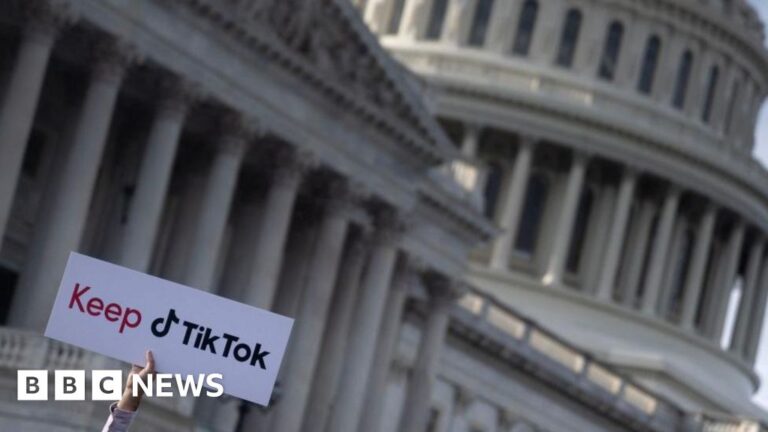In a daring authorized maneuver, TikTok is difficult a U.S. legislation that threatens its operational future except it severs ties with its Chinese language mum or dad firm.
By way of its latest courtroom filings, TikTok articulates what it perceives as an “extraordinary infringement of the free speech rights” pertaining not solely to the company entity itself but additionally affecting the huge group of 170 million U.S. customers who have interaction with the platform. The social media large contests the U.S. authorities’s motion, labeling the issues that prompted this laws as “speculative” at finest and demanding judicial intervention to stop the enactment.
In a transfer casting shadows over the digital panorama, President Joe Biden formally signed this controversial invoice final month, bringing nationwide safety issues to the forefront of this legislative battle. This choice is the end result of protracted deliberations in Washington that voiced apprehensions about TikTok’s Chinese language possession, positing a heightened danger of U.S. consumer knowledge probably being accessed by the Chinese language authorities or manipulated for propaganda.
Regardless of these controversies, TikTok maintains its stance on operational independence. ByteDance, its mum or dad firm, mirrors this assertion, firmly denying any plans to divest the enterprise. This authorized conflict has not gone unnoticed by the Chinese language authorities, which decries the U.S. legislation as an act of “bullying” towards international firms, pledging to face towards the compelled sale.
Because the legislation at the moment stands, app shops shall be prohibited from itemizing TikTok in the USA by January 2025, contingent on ByteDance’s lack of ability to safe a purchaser. The predicament confronted by TikTok, as outlined of their authorized submitting, underscores the impracticality of this stipulation—describing the duty as “merely not possible: commercially, technically, legally,” significantly inside the stringent 270-day deadline mandated by the act.
Having beforehand signaled intentions to contest the legislation in courtroom, TikTok’s present authorized actions underscore a decided effort to safeguard its presence and operations inside the U.S. market. This growth signifies a important juncture for the digital and social media panorama, hinting at broader implications for the trade’s future interaction between geopolitical tensions and the realm of digital innovation.
